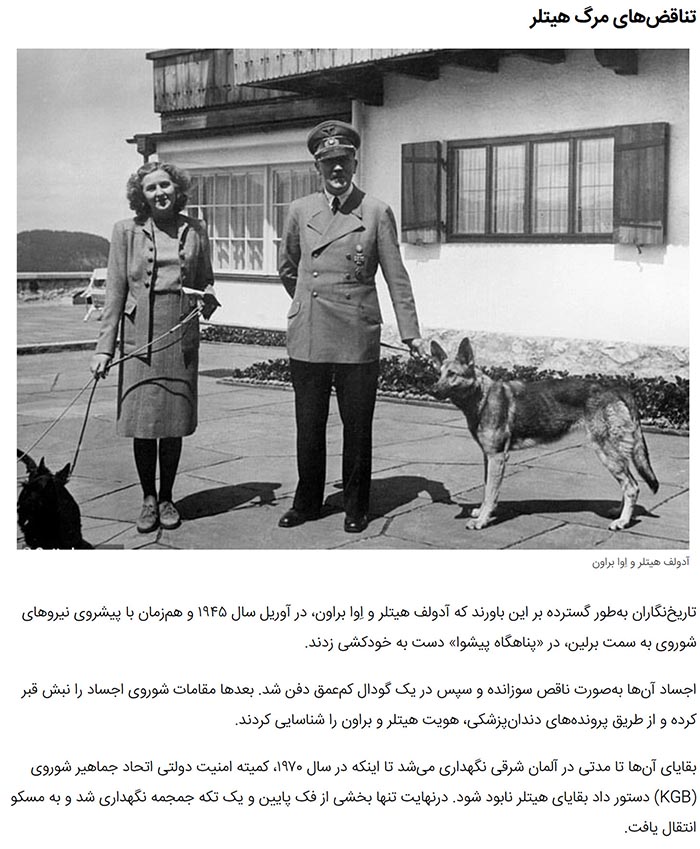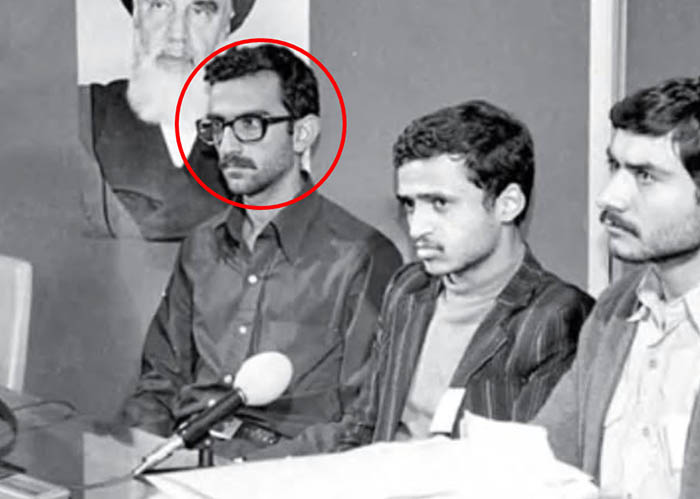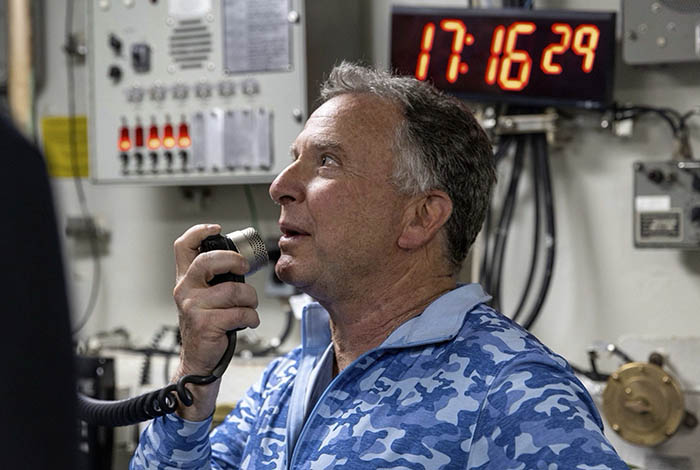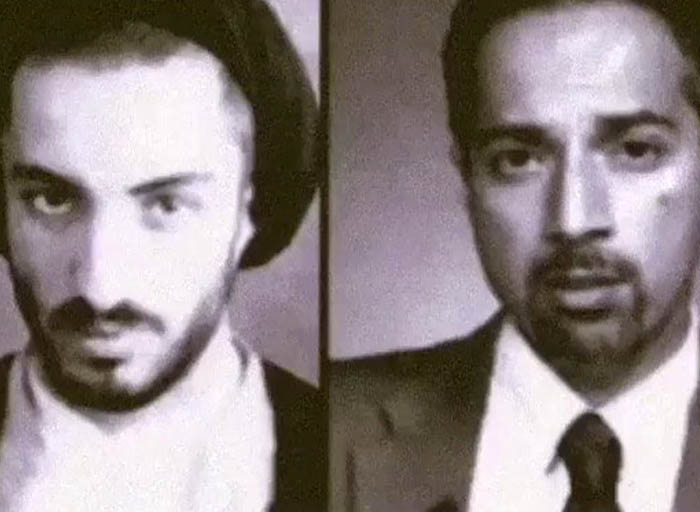CIA Agent Reveals Adolf Hitler’s Possible Escape to Argentina: The Austrian Fascist Legacy and Its Impact
Implications of Hitler’s Alleged Escape
While Bob Baer’s claims about Hitler’s potential escape to Argentina stir up intrigue, they also raise significant questions about the cultural narrative surrounding World War II and the lasting impact of such theories.
- Cultural Fascination with Conspiracy Theories: The notion that Hitler might have survived the war feeds into a larger cultural fascination with conspiracy theories. This interest can sometimes overshadow factual historical accounts and may lead to the trivialization of the atrocities committed during the Holocaust.
- Psychological Impact on Collective Memory: The idea that a figure as notorious as Hitler could have evaded justice shapes a complex psychological landscape for survivors and descendants of victims. It can create a sense of unresolved grief and injustice, making it critical for societies to confront these narratives thoughtfully.
- Historical Revisionism: The discussions surrounding Hitler’s escape contribute to historical revisionism, where the accepted narrative can be challenged or distorted based on new claims. This raises the need for rigorous historical methodology to assess such theories critically against established evidence.
The Role of Historical Discourse
Engagement in historical discourse is essential for understanding the past and shaping an informed future. This is especially relevant in the context of the proposed escape narrative and the legacy of Austrian fascism.
- Educational Initiatives: Educational programs focusing on the realities of Nazism and fascism are crucial. Schools and institutions should provide comprehensive lessons that emphasize the historical facts and the consequences of totalitarian ideologies.
- Public Engagement: Encouraging public engagement through forums, discussions, and exhibitions can help individuals critically reflect on the past. Engaging with historians, scholars, and survivors’ stories can nurture a more nuanced understanding of this aspect of history.
- Media’s Role: The media influentially shapes our understanding of history. Responsible reporting on sensitive topics like Hitler’s escape claims should be balanced, avoiding sensationalism while fostering informed discussions about the implications of such narratives on modern society.





